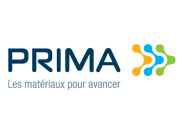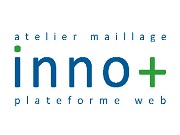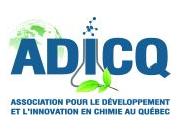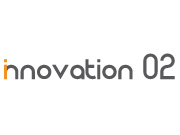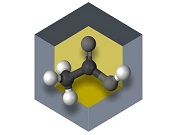BioEnergy Corporation – Looking for Membrane Technologies
| Numéro du défi : | 16121 | Date d'ouverture : | 2015-03-03 |
| Statut : | Fermé | Date de fermeture : | 2015-04-30 |
Contexte
We incorporate a novel nanotechnology process method using Proprietary Catalytic Dielectric Semiconducting Elements (PDSE) that was developed in proprietary phase projects with private industry and government applications to destroy chemical, biological and electro-chemical threats. The PDSE’s are used to invoke a process we term as stoichiometric decomposition and recombination within molecular reactor/s to induce strong energy enriched catalytic self-regenerative reactions to cause spontaneous liberation of elements including, but not limited to, hydrogen, oxygen, carbon, nitrogen, etc. and the generation of ions from molecular substances to cause the desalination of brackish water, sea water, and the dissolution of both organic and inorganic constituents for the reclamation of contaminated water from fracking, manure waste lagoons, digesters, etc., without using reverse osmosis and without using electrolysis.
The system employs several modes of energy generation, both internally and externally, to increase its efficiency and sustainability to aid us in ultimately achieving Net-Zero for the energy required to operate the systems.
These elements are then recombined in our controlled system process;
- So that the liberated hydrogen is combined with oxygen to produce potable water.
- Carbon captured from oceans, emissions, etc. is liberated from CO2 and recombined with liberated hydrogen to produce CH4 gas that is then condensed to increase its energy density to 600 times to that of compressed gas. This condensed CH4 gas is then cycled back into our system via a Hybrid Dielectric Self-Regenerative Fuel Cell for energy generation, which encompasses 1 of our modes of system energy generation. The system actually embodies a total of 4 modes of energy generation to help make it efficient and sustainable.
- The nitrogen we liberate can also be re-combined with liberated hydrogen to produce on-demand fertilizer.
Description de la problématique
Because we liberate elements in our process, we require enhanced membrane technologies, which we would use to sort and collect elements based on their disposition of charge, size and/or molecular weight.
We think the preferred membranes for use in our applications, are selective ion transport membranes. But we are still open to hear about other types of solutions.
Contrainte(s)
The desired membranes should be conducive for use in a high-temp environment at extended durations demonstrating little to no degradation.
12 mois
Votre contact
Ouvrir une session
